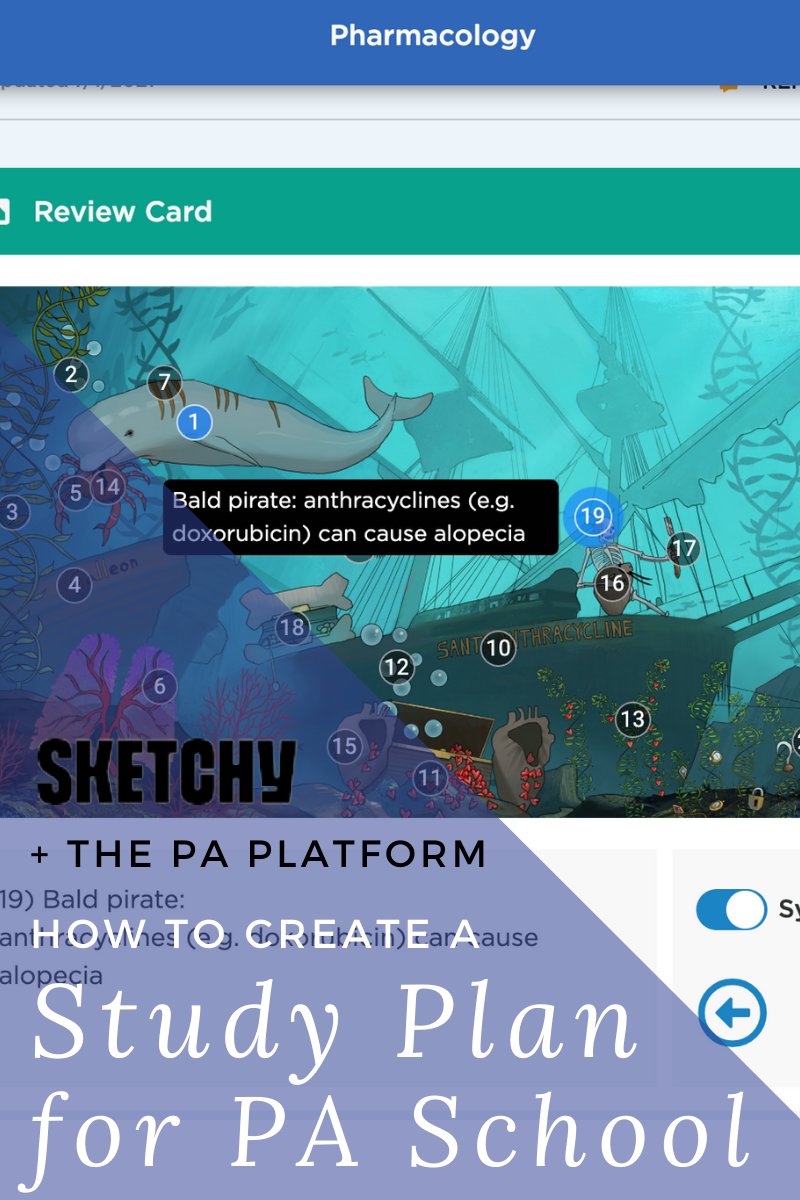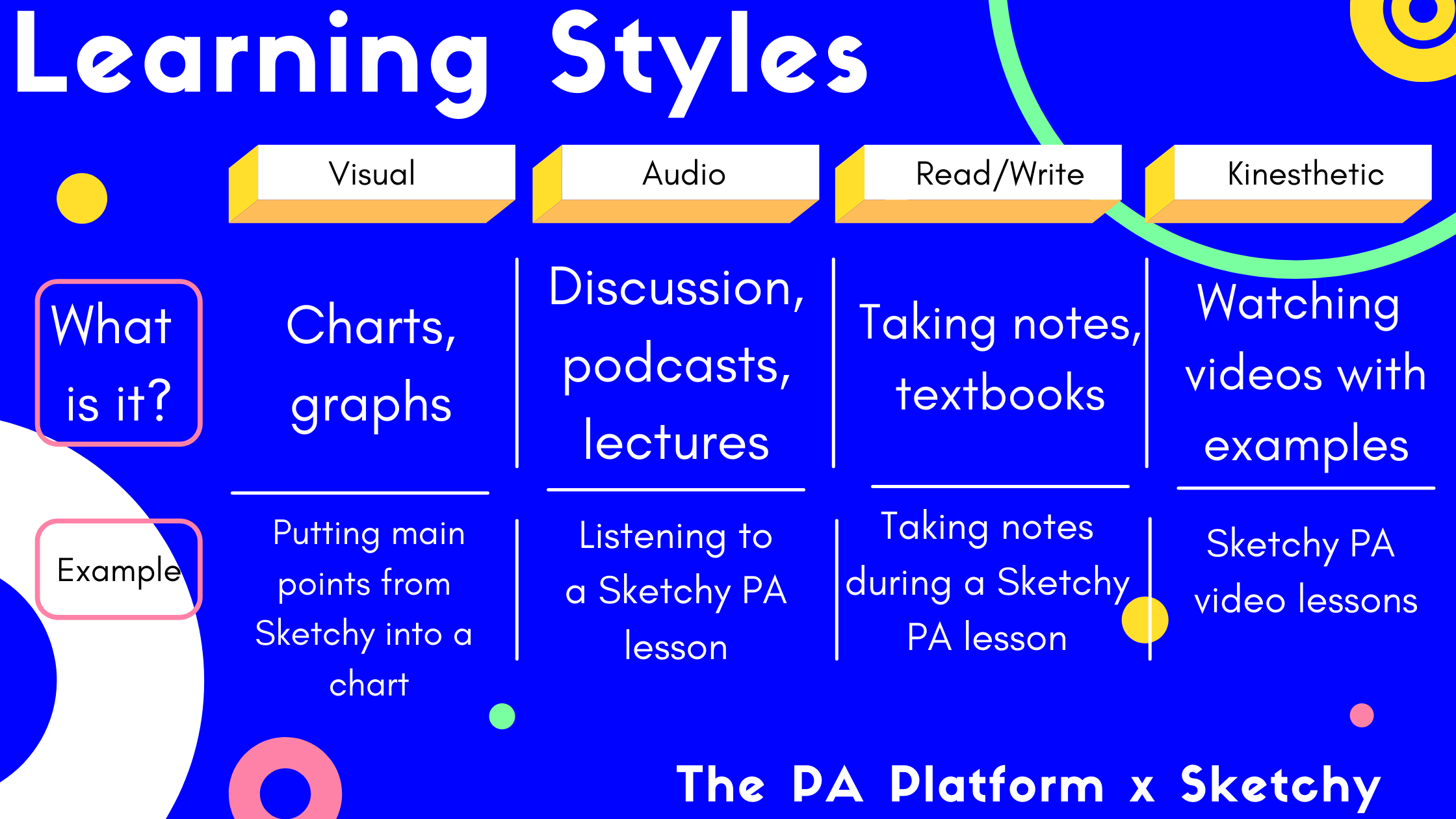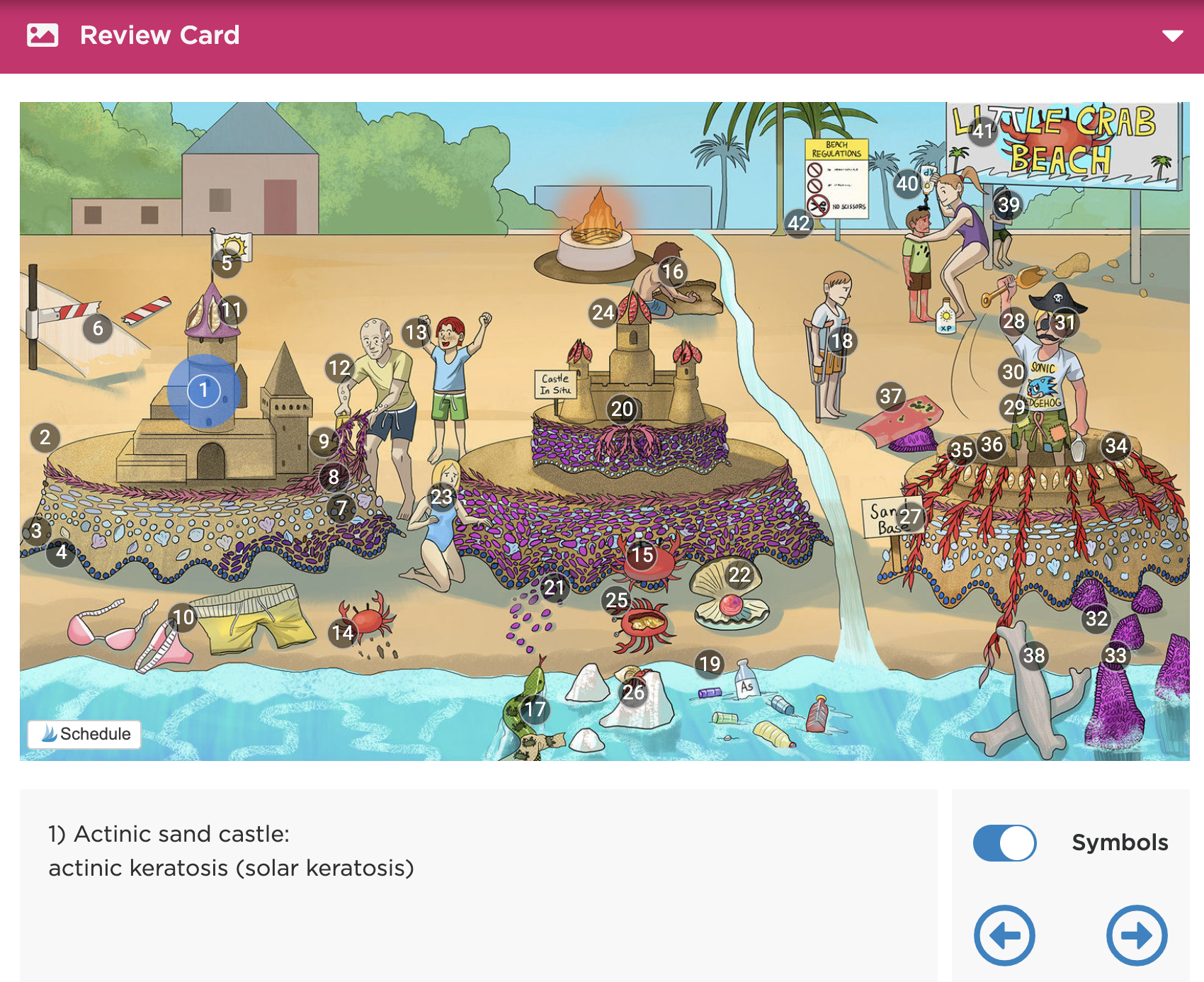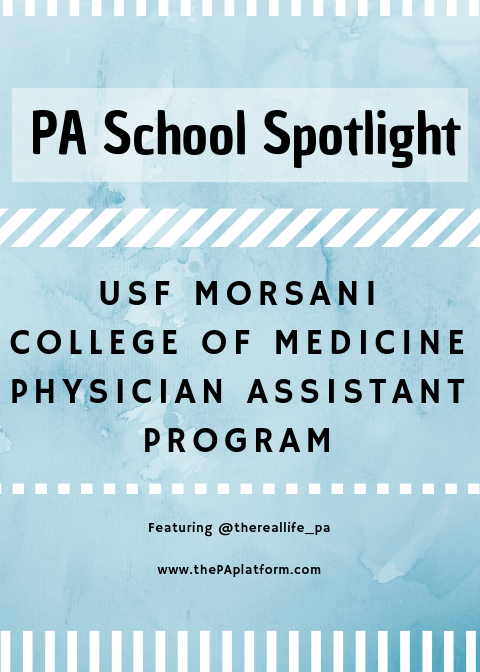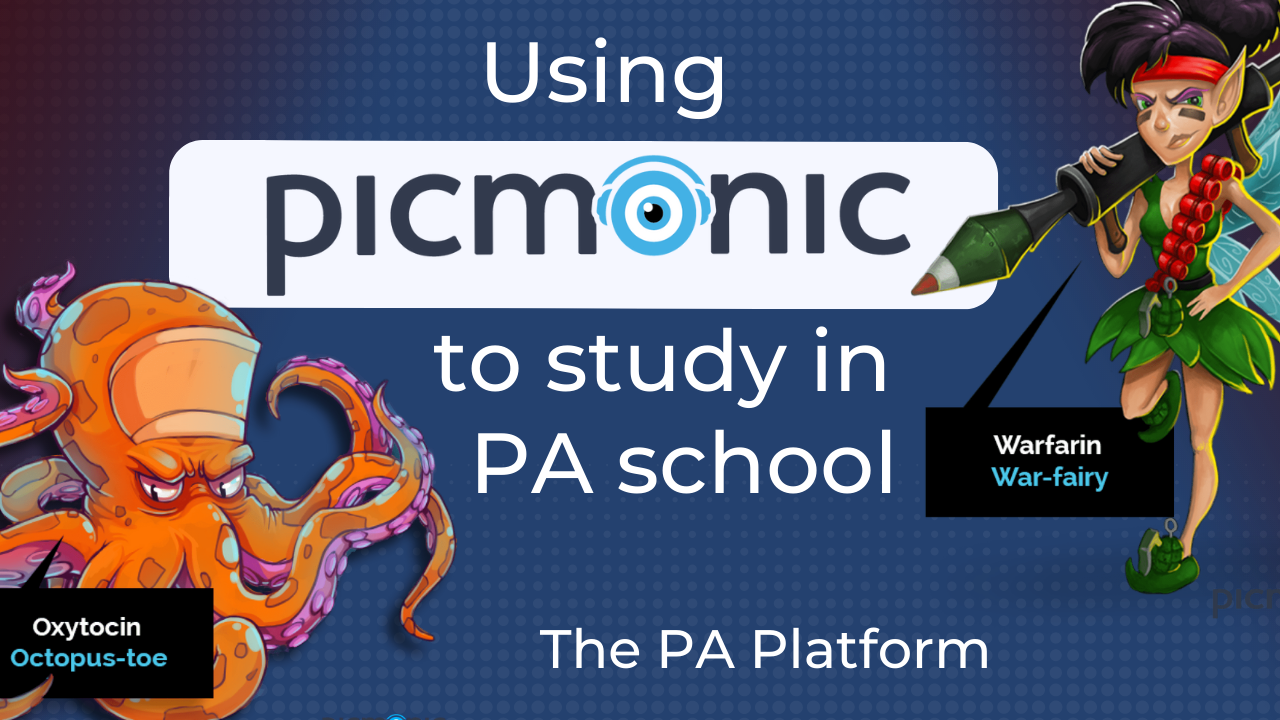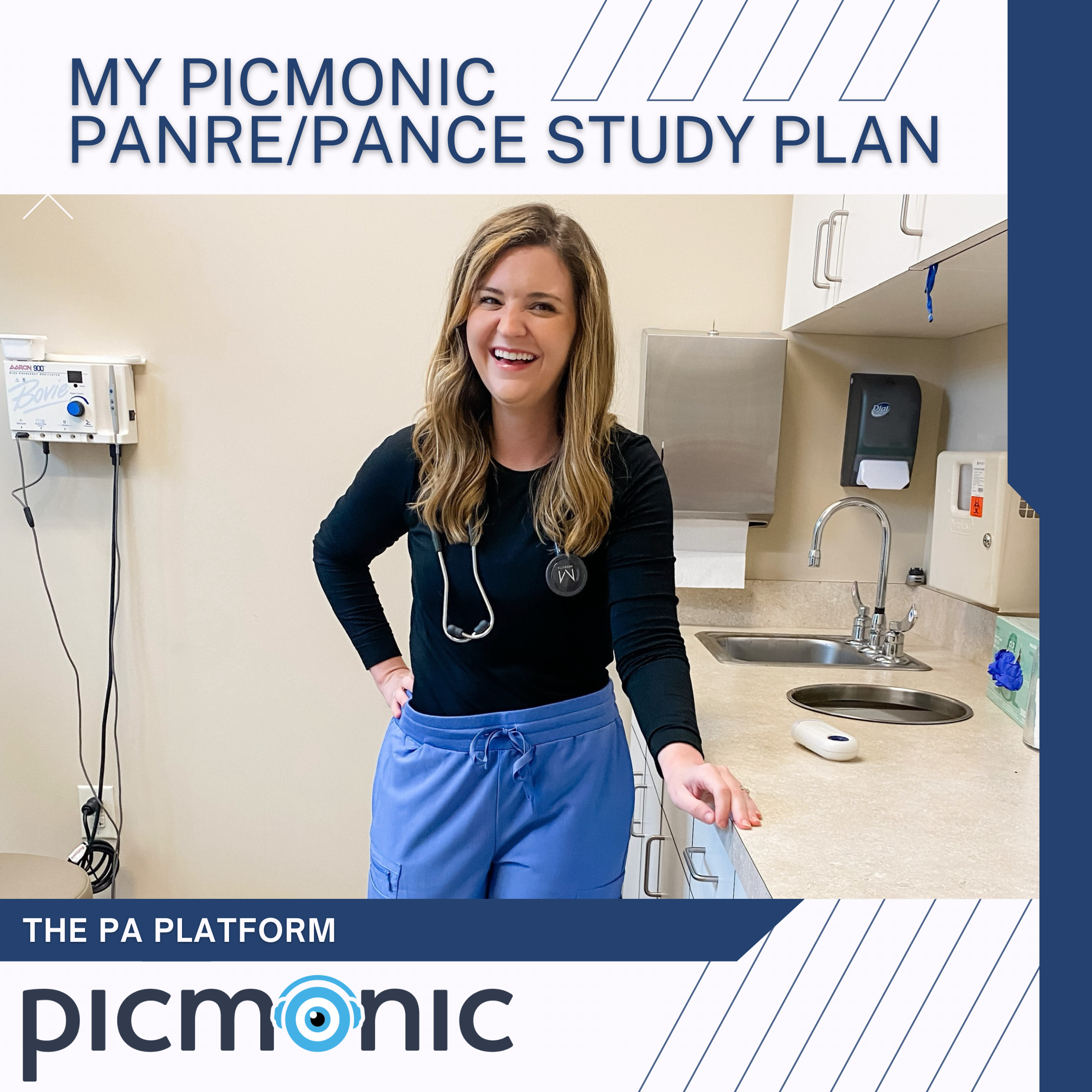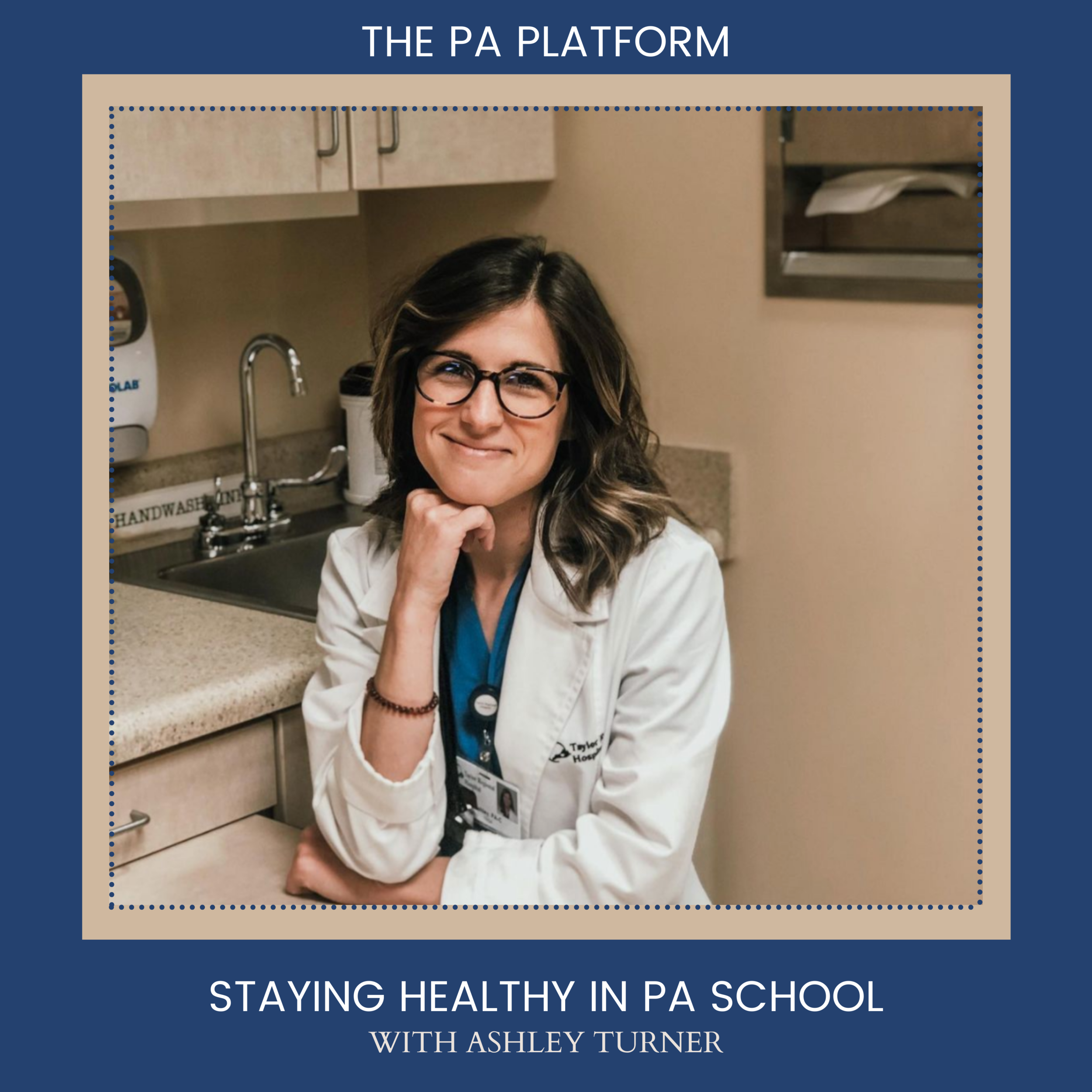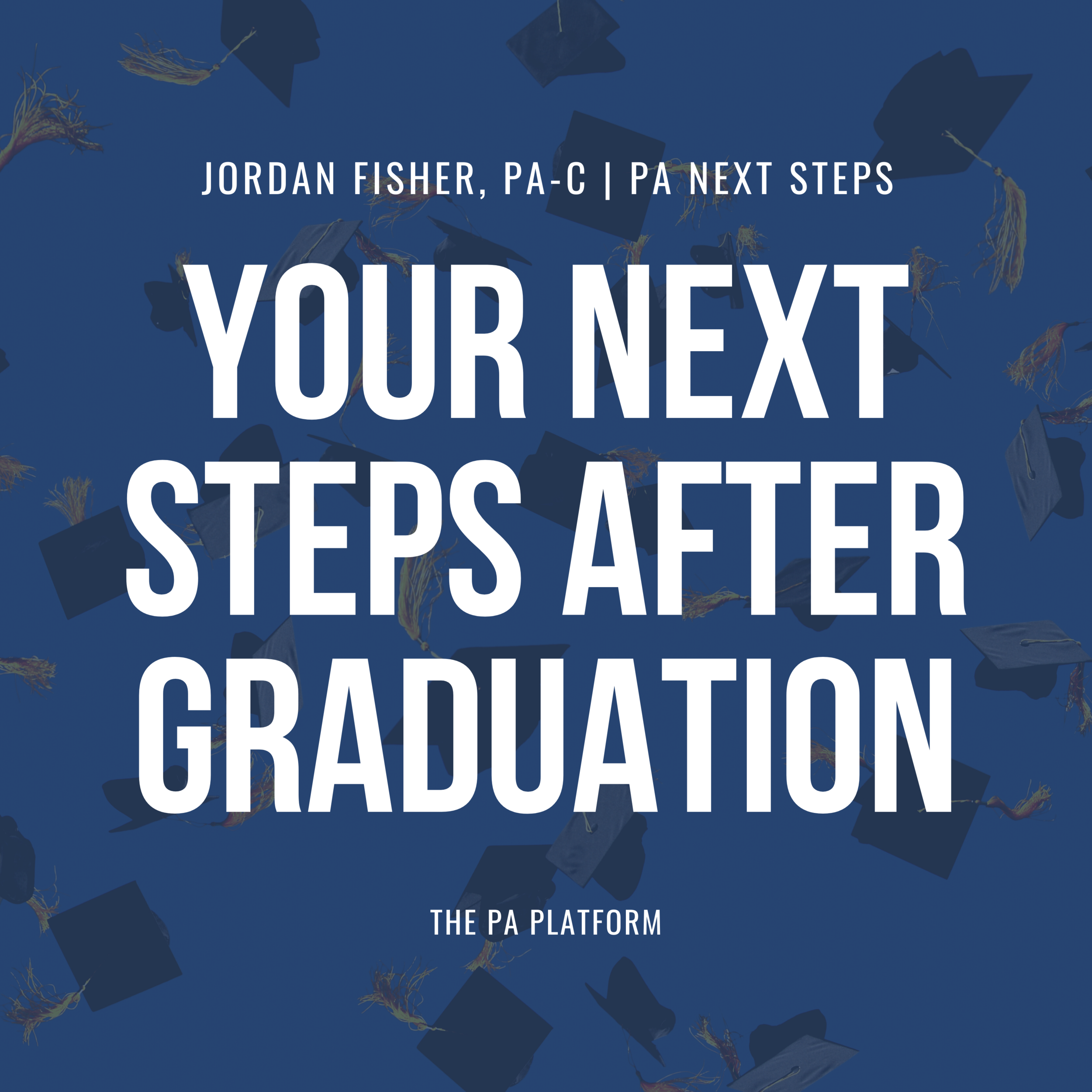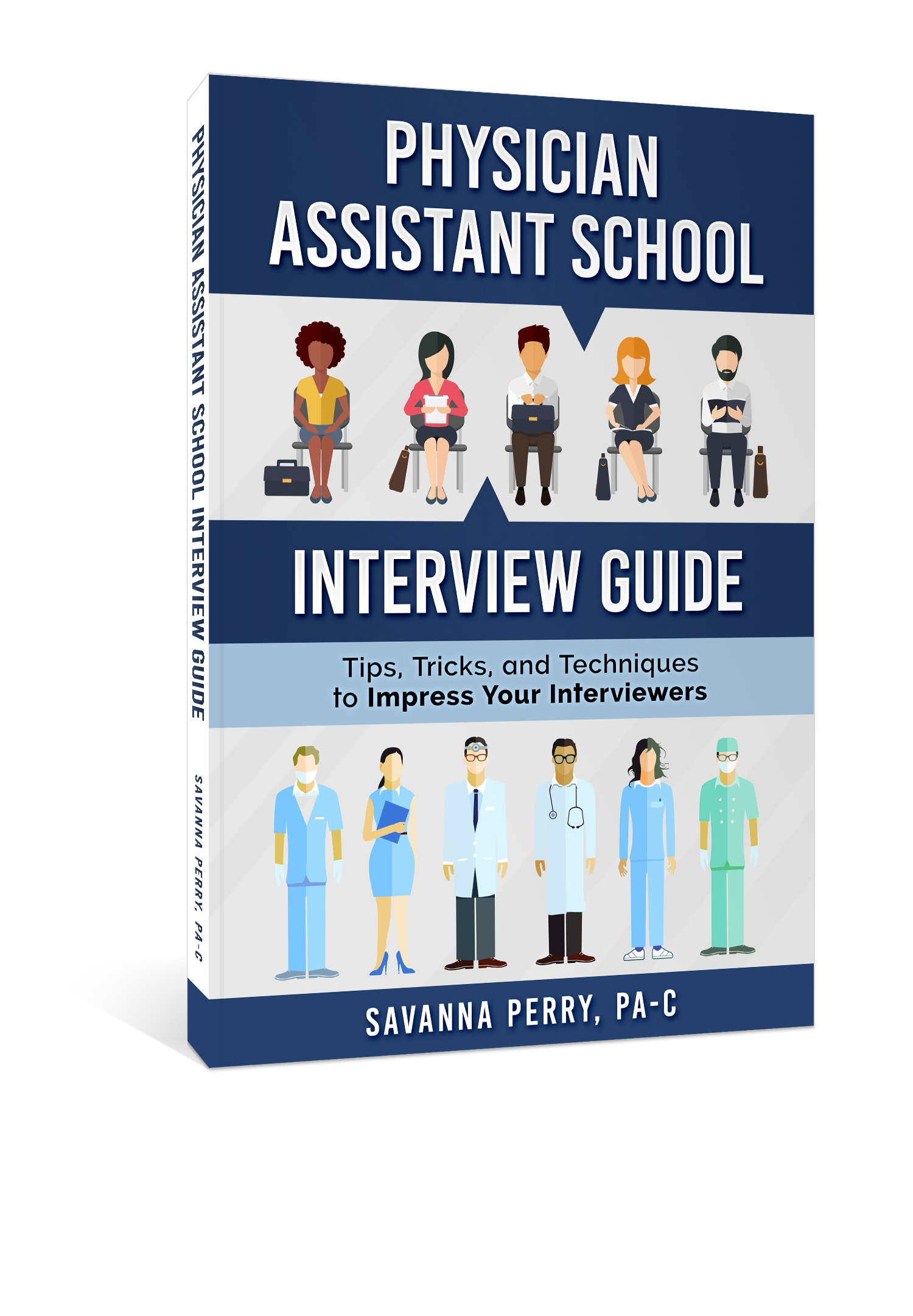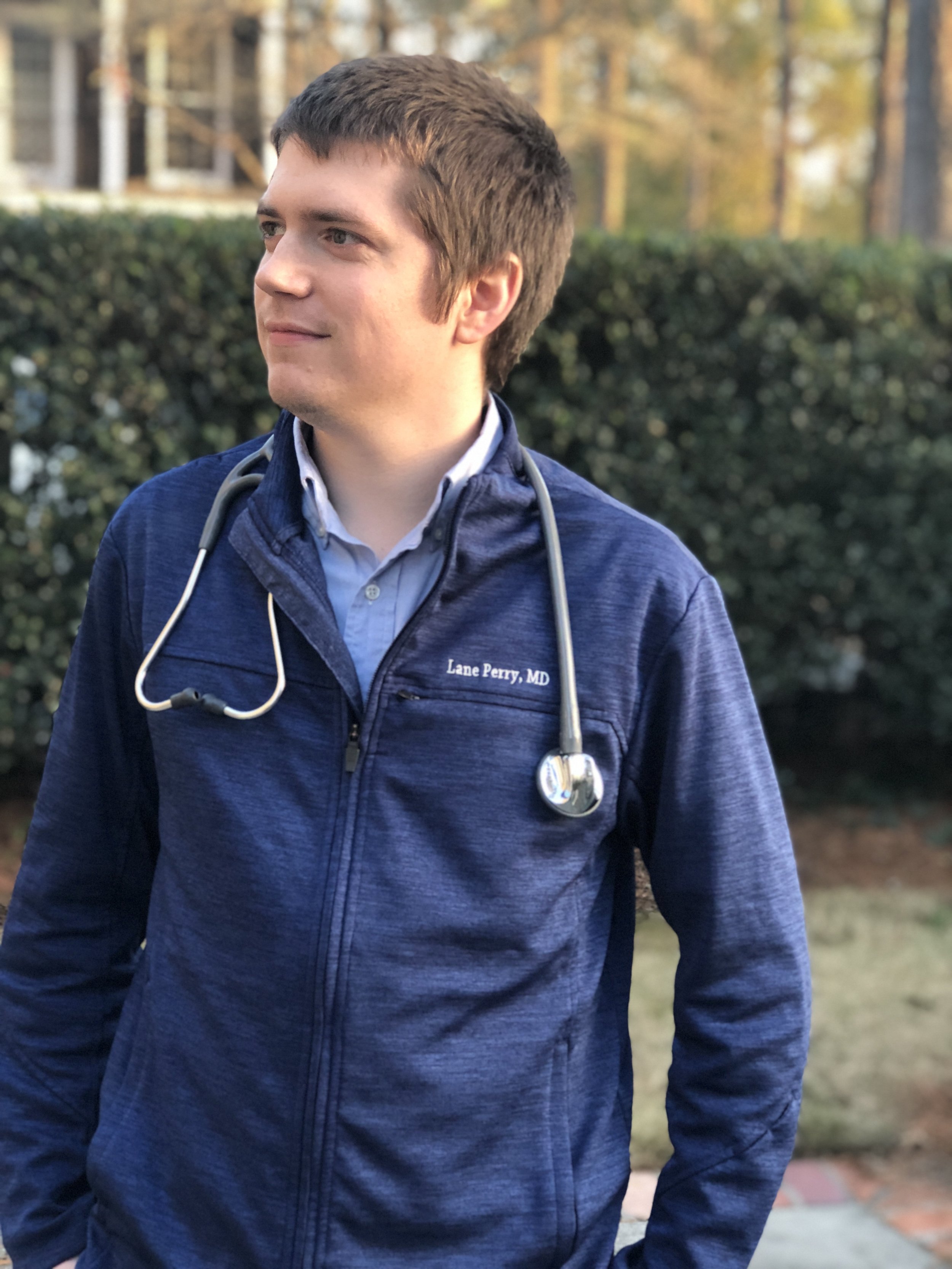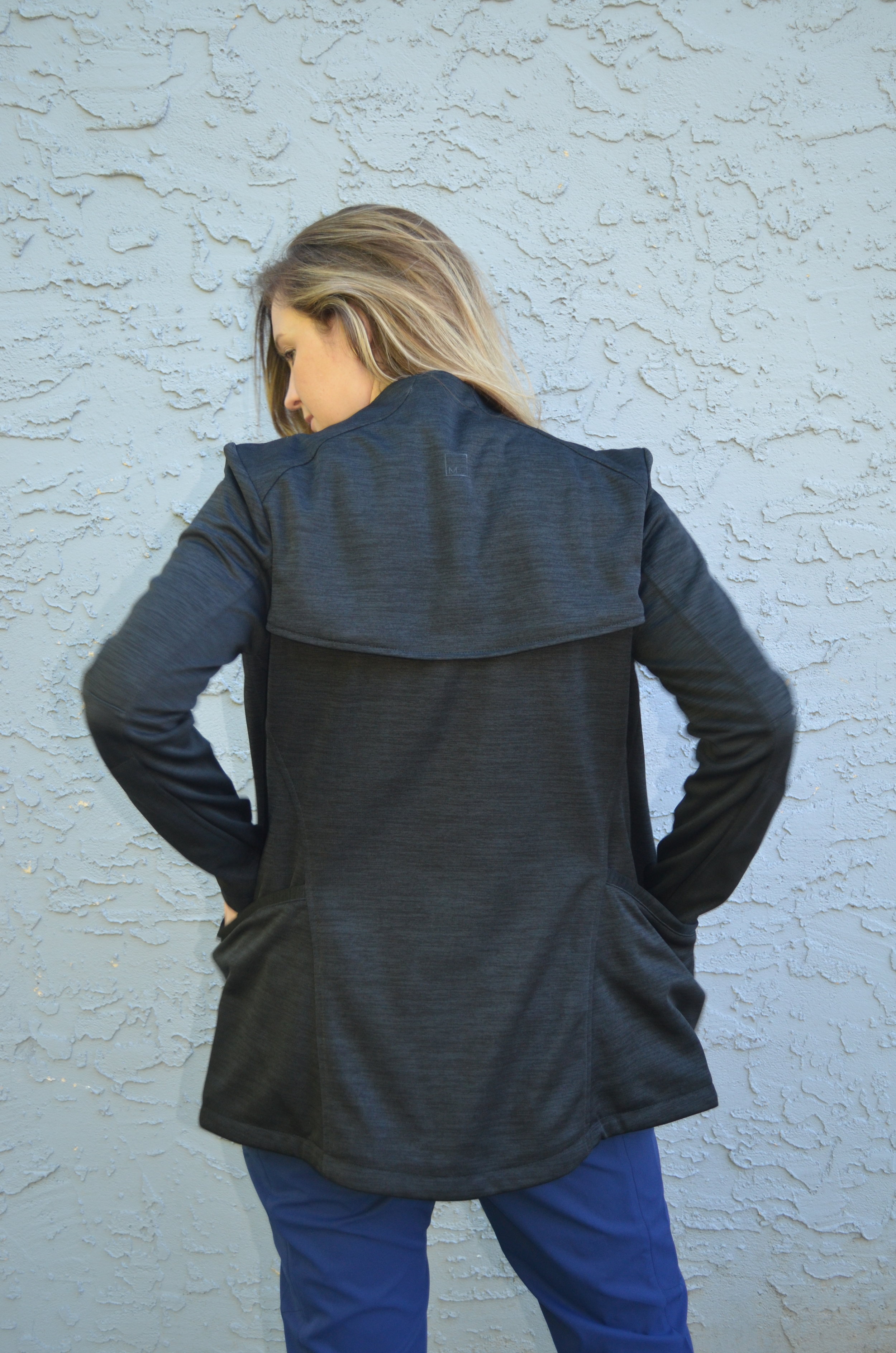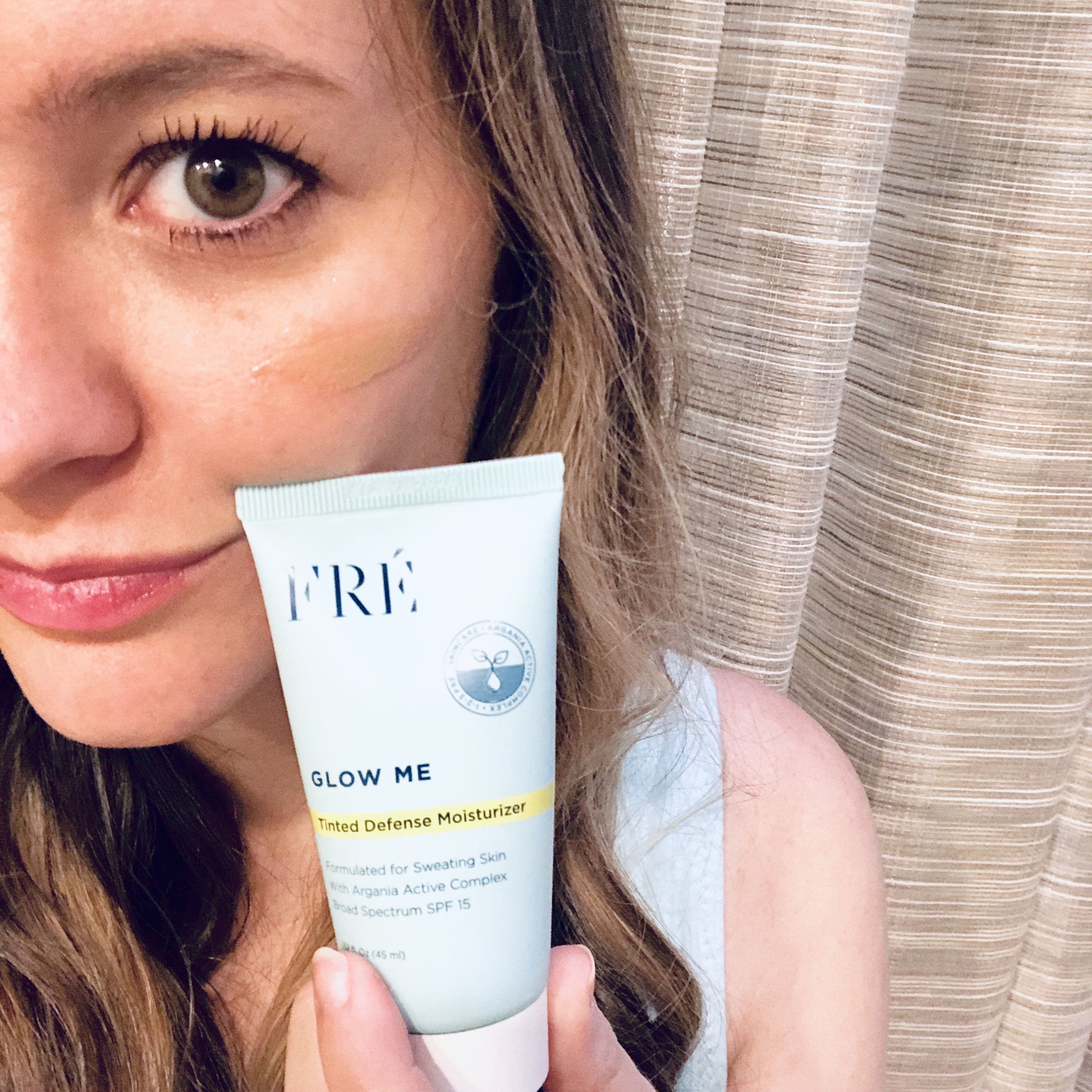While at the 2019 AAPA conference in Denver, CO this week, I sat in a session titled “Title Change Investigation Update.” The hour-long presentation came from WPP, the research firm behind the exploration of whether the name of the PA profession should be changed. AAPA has released an article with an update as well, but I want to help you understand the information that was shared during the session and how it was received. This presentation was not made available after the session (so far), but my seven pages of notes will suffice. If you want the summarized version and don’t care about the logistics, scroll to the end.
For a little background, the title change investigation comes from a resolution that was passed in the 2018 House of Delegates that resulted in a vote of starting a further investigation on whether the physician assistant title should be changed, whether it was feasible, and what were potential alternatives. Over the past year, this has been a topic of much discussion of PAs, but in the spring a 45-minute survey was sent out to begin this investigation. This survey received some backlash for length and lack of seemingly relevant questions, which was (somewhat) addressed in the presentation.
Upon arrival, we were urged to shift to the center of rows to make room for more attendees as it was expected to be packed, but as the presentation started I found myself one of only 3 PAs sitting in my row. I’m not sure if the unexpectedly lower attendance was due to the session timing at the end of the day or a reflection of PAs having other priorities, such as learning about information they can apply to their daily jobs with patients.
The presentation started with Pandora, the project lead from WPP. She was joined by Rich Durante, the research and analytics lead, and Jasmine Tansy, the title lead.I have to admit, at this point I almost felt as if I was sitting in an Apple keynote between the very well-rehearsed talk and fancy PowerPoint. The goal of the talk was shared - review and give clarification of project to date, share and inform on the research, and share conclusions and next steps moving forward. This would be followed by addressing questions from the PA community.
They also addressed what would not be covered - full quantitative findings report (meaning we only saw two solid data points from the study), presentation of brand strategy and title options (there were no mentions of contending alternative titles), and financial outcomes. There is a legal team that is also on board, but was not in attendance, responsible for researching the legal and financial ramifications of a potential title change. They will review laws and regulation to avoid confusion in the marketplace and advise on legal and legislative steps with a goal of bringing outcomes to fruition and avoid changes in billing, scope, and responsibility.
As the presentation began, it was noted that the PA profession would be referred to only as “physician assistant” throughout the talk, with no use of acronyms. Pandora made a point to address that the use of this title “may be difficult to hear” for some of the audience members. Personally, I found this bizarre as I attended physician assistant school and I am fine with being referred to as such. I will be using the PA acronym for the remainder of this article.
WPP made a point to recognize that PAs play a role, and will continue to play a role, in delivering high quality health care. Their stated goal with this project is to “position PAs to compete in an ever-changing healthcare marketplace, and increase relevance with state groups and patients now, and in the future.” There was no discussion of how WPP was chosen for this task, but the resources allotted to the project (thus far) were a million dollars to put the vast cost of this type of project into perspective. WPP stated the challenges they found for determining an appropriate title include the variety of PAs in scope and specialty, competition for space in patient’s minds from other providers, and a lack of a good understanding of what PA stands for. Pandora presented two key questions to address:
Is there a need to evolve the PA brand based on objective well-informed data and analysis driven view?
If so, how do we redefine how the PA profession is positioned in healthcare today and in the future?
The set up of the research process was discussed as a 5 phase process including discover and design, research and analytics, insights and strategy, title development, and validation. At this point, phase 1 and 2 have been completed, and we are in phase 3 with an estimated timeline of May to December 2019.
Phase 1 - Discover and Design
The purpose of this phase was to set the foundation for learning by reviewing research for relevant industry trends, publications, and regulations to see how PAs operate today. To begin this process, WPP met with a council of 12 volunteers that all represent PAs, including members from influencing organizations like NCCPA and ARC-PA. It was decided at this point that there was not enough “data” available to indicate that a name change should be investigated further, leading to phase 2 and the survey portion.
Phase 2 - Research and Analytics
This “world class research” has a stated purpose to “inform understanding of how PAs are perceived as part of healthcare and understand what drives perceptions,” as well as how PAs are linked to broader perceptions of healthcare value. This survey will serve as the “backbone of strategy and title recommendation.” In addressing why this particular survey design in the quantitative portion, specifically length and format, Rich stated there had to be “trade-offs” for comprehensiveness and length of survey. Based on WPP’s experience, they have a good sense of number and types of questions that can be asked before causing people to drop out or compromise data quality. Rich informed the audience that the survey questions were pre-tested with PAs to get feedback from individuals, which influenced adjustments to “flow and length.”
This process began with qualitative research of discussions with 55 individuals, including PAs, PA students, NPs, physicians, patients, employers, “think tanks,” professional societies, medical boards, government agencies, and legislators across 20 states. One of the main findings across all constituents in the qualitative portion is that overall, PAs are well regarded. According to patients, PAs are trusted with good communication skills, but sometimes they don’t know what the PA roles and responsibilities are. With other healthcare providers, PAs are “capable allies” who help manage patient care, are trusted, and sought for counsel. Employers appreciate the financial access and patient care benefits of PAs. All of this indicates a “clear value in today’s healthcare system with access and improved economics.” Some of the stated benefits of PAs include:
Increased access with extending quality care to more patients by allowing quicker appointment scheduling, as well as less appointments with more time than physician colleagues leading to greater patient communication
From an economic standpoint, PAs are hired at “significant discount” to help healthcare facilities see more patients, offering more revenue at a lower cost expenditure
Value will grow in the future, due to an aging population leading to more demand for healthcare
Based on these benefits, WPP would like to highlight the opportunity for PAs to add value to the healthcare system by further extending access to care, particularly in rural areas in an economical way.
Despite these benefits, it was found that there is a significant difference in the “perceived role” of PAs. Patients feel that PAs have more capabilities than NPs, stemming from the word “physician” in the title, which provides a “halo,” while NPs are viewed as “nurses with a lower order” from a patient perceived hierarchy. In contrast, other healthcare providers see PAs and NPs as the same in responsibilities and capabilities, with differences in how they are trained, while employers feel that PAs are more focused on procedures and surgical support, but NPs are more focused on preventative care and patient education.
From these results, it appears that perceptions are driven by the amount of direct contact PAs have with their constituencies. If a health care provider or employer has worked with PAs, they knew exactly what they did, but without that contact, they did not have a strong understanding of the capabilities. Patient understanding varies based on factors, such as exposure and age. Overall, PAs have a high degree of satisfaction and enjoy the role and its benefits, including direct patient contact, less debt, earlier start than medical school, flexibility, fewer “non-patient care” headaches, and are overall collaborative, not competitive, with physicians.
The tension surrounding the profession stems from a lack of autonomy being an issue with many PAs, and while they feel physicians are mentors, many PAs feel micro-managed and that they spend too much time in non-patient care duties. The research then looked at the AAPA’s definition of PAs to determine how this description is perceived.
“PAs are medical providers who diagnose illness, develop and manage treatment plans, prescribe medications, and often serve as a patient’s principal healthcare provider. With thousands of hours of medical training, PAs are versatile and collaborative. PAs practice in every state and in every medical setting and specialty, improving healthcare access and quality.”
Respondents familiar with PAs found this to be very accurate, and in general felt positively motivated to work with PAs after sharing this description. PAs find this definition aspirational, while other healthcare providers view it as accurate and reflective of reality, and employers view the versatility and collaboration as true benefits. Individuals with less familiarity were surprised by the description “in a positive way” because they were unaware PAs could prescribe or serve as a principal health care provider.
From a patient perspective, there were two barriers that seem to lessen patient interest in “seeking out a PA.” The first is the title, which is not seen as a good fit with PA role and responsibilities, and most find it demeaning to the capabilities to see the word “assistant” in the title. Patients, other healthcare professionals, and employers all agreed and felt that it was confusing and sent the wrong signals. From an emotional perspective, PAs don’t want to be looked at as “assistants,” but respected as peers.
The second barrier is a general lack of education and awareness about what a PA does as it is a relatively young profession and many non-healthcare providers have limited exposure and understanding of a PA’s capabilities. According to WPP’s presentation, a patient in the qualitative portion stated that the name “does a disservice to the knowledge of a PA, while providing a boost to the physician’s ego.” Personally, I can’t think of a patient in my practice who would be familiar enough to share these eloquent sentiments.
For employers, the barriers have a different focus. Institutions find that PAs have a “lack of experience when new” compared to “NPs with several years of clinical experience as a nurse,” and feel that PAs require more time and supervision when new. Employers do recognize there are some driving factors that are beneficial in hiring PAs including extending access, great bedside manner, helping to improve efficiency, as well as being economically viable.
To summarize the qualitative portion of the survey, the results indicate that PAs are valued in the healthcare system and offer true benefits to health care providers, patients, and employers. We all knew this right? The study finds these benefits to include extended access, particularly to rural areas, increased system efficiency, lower cost to employers, and a growing contribution to the increase in an aging population with fewer physicians and a growing cost of healthcare.
So what issues limit this PA potential? A lack of a universal understanding of the PA role, a title that creates confusing with limited awareness and connotes less responsibility than PAs believe leading to tension within the profession, and employers perceiving that PAs need significant training out of school and laws requiring extra administrative time for supervision of PAs.
Moving on the the survey. For the quantitative portion, the survey was sent out to a list provided by the AAPA, and completed by 6,845 PAs and 1,357 PA students. This is a response rate of 6%, which sounds low, but AAPA states is in line with most research studies and provides a “good sample size and is robust for analysis.” The purpose of this part was stated as developing a deeper understanding of PA roles in clinical practice and determining the impact of PAs and other providers in delivery of healthcare. Basically, the goal was to figure out what are the perceptions of PAs and what drives value.
In order to do this, WPP explored the following themes:
How important is education awareness in increasing understanding of PAs roles and capacities
Demographic facts influencing knowledge of the PA role
Misalignment of fit between the PA title and role
Tension between PA autonomy and connection to physicians
How employer perceptions impact hiring
Gauge differences in perceptions of what PAs are capable of and legally able to do
Only two data points were shared during the presentation. The first one was regarding the AAPA definition stated previously. Most PAs found that the definition fits with the roles and responsibilities, but the title “physician assistant” does not. This is the main point addressed in the AAPA’s article. Basically, we’re okay with the definition of what we do. If you ask if the name “physician assistant” describes that definition, it’s not a match.
Main conclusion - “Based on research and analysis findings, it is strongly suggested that an exploration of an alternative title should be pursued, and quantitative findings from physician assistants alone warrant this exploration.”
What’s Next?
Phase 3 - Insights and Strategy - This portion will begin in the August-September timeframe to leverage research to develop a strategic foundation to position and PA brand and inform title development.
Phase 4 - Title Development - WPP will try to leverage insights and strategy to explore new title opportunities. For title strategy, it’s essential to define intent to figure out what title should communicate and then figure out what’s available by looking into validating information and seeking legal counsel. (More on this at the end.)
Phase 5 - Variation and Implications - WPP will use field quantitative survey results to validate a new title option, and assess legal and financial ramifications.
The timeline for delivery is early 2020 with a brand position and title recommendation to be presented for HOD consideration with full quantitative findings beyond the data points that were presented at this year’s conference, as well as an evaluation of related business and legislative cost estimates. And with that, it was time for questions.
PA Concerns
So why didn’t the survey ask about what titles we recommend? While the survey was active, one of the main complaints among PAs was the 45 minutes it took to complete, as well as the lack of questions directly addressing a new title. At this point, WPP clarified that not only are they looking at the title issues, but the PA profession as a brand, and how these perceptions align with the ideal role of a PA to determine what it will take to move the profession in that direction. After those determinations, they will try to pick a potential title. If you were wondering during the survey why you had to rank various professions, the goal was to understand how PAs, physicians, and NPs are perceived along the same dimensions. Not to assert that one provider is more valuable than another, but to determine what makes PAs unique. This 360 degree perspective is meant to highlight PA strengths and the aspects of the role considered most important in providing care, pinpoint what differentiates PAs, and attempt to transcend the title for a “holistic brand strategy.”
A researcher from Duke was first at the microphone, and questioned why the available peer-reviewed literature regarding the title change wasn’t used to come to the same conclusions without using significant resources, and WPP responded that their literature review didn’t provide the spectrum of what they needed to investigate since it did not link the perceptions of value to healthcare. She offered to point them in the right direction to resources.
Evelyn, a Pacific University PA student, asked about the brand positioning strategy and if that was something WPP would be assisting with, which they responded they would be happy to do, but had not been asked to stay on at this point to develop any advertising strategy beyond the foundation of strategy. This will be up to the HOD, which is why it’s important to make sure your delegates have your best interests in mind.
Someone asked if they included PAs outside of the United States, and they did not.
Betty, a PA from Arizona, questioned why they were waiting to look at legal ramifications until after making these decisions. As something that is in thousands of policies and regulations at many different levels, what is going to happen? WPP deferred to the Foley law firm that was not present, and Donna from AAPA stepped in to state that the first step was coming to the conclusion that there needed to be an investigation to look into titles first, and now the necessary steps are being outlined if a name change were to move forward. The name must be identified before looking at trademarks, and the path is starting so those discussions will unfold at what would happen at a state and federal level.
Another PA asked if the WPP firm had experienced a similar title change in another profession that was launched successfully. The response - “We have done extensive work in the healthcare field and title change is uncommon and not frequent because the decision has already been made so an outside group isn’t needed. We have hundreds of credentials across the globe with naming credentials and experts in titles and how people perceive language to gain clarity and get preference.” Short answer - No.
The last PA to speak stated she wasn’t worried about the sample size or response rate, but the length of the study. In her opinion, a 45-minute study in the PA world will get a response bias because the only people who will answer are the ones who are biased. (This gained an applause from the audience.) She admits that people know it is a “lousy title,” but questions if the cost is worth it to change it at this point. She also stated that she feels the survey lost some credibility with the types of questions because PAs didn’t understand why they were being asked about things that didn’t seem related. WPP stated that not all data was shared and that the purpose of the survey wasn’t just to see if a title change was needed, and Rich felt that individuals who take the longer study will be more motivated, but won’t just be PAs in favor of the change.
The summary given by WPP is obviously going to be politically correct and not give too much direction, but the main takeaway is that according to PAs, other healthcare professionals, and patients, the “physician assistant” title doesn’t particularly fit with the definition, while most PAs do agree that the description in appropriate. Whether or not that should lead to an official title change is the next step.
I agreed with Betty’s concerns of why the legal and financial ramifications are not being looked at until resources are being poured into this study. A name change will not bring in more revenue, for AAPA, employers, or PAs, and may be detrimental as the study showed one of the desirable qualities of a PA includes the economic benefit. Will this cause our AAPA dues to increase? How much of the budget will this consume, while we continue to lag behind legislative financial support in comparison to other professions, including NPs? At the end of the day, this is a business decision, not an ego issue, and the questions of how this will have a financial benefit should be considered. Personally, I don’t believe a different title will result in a higher salary for myself, and will likely cost my practice money (that I hope they don’t take from me). While it may change patient perceptions over a long period of time, PAs may be inflicted with the burden of the cost. This should not be an emotional response or decision, similar to giving results to a patient, it should be based on well-thought out research and what makes sense from a legal and economical standpoint.
So if it is determined to be a feasible option, what should the “physician assistant” title be changed to? This research indicates that the term “physician” should remain as part of the name, which would rule out suggestions such as “medical practitioner.” I guess we’ll all wait on the edge of our seats until the next survey to see what our options are, but I would love to hear your suggestions in the comments.

